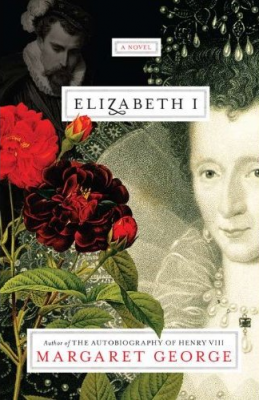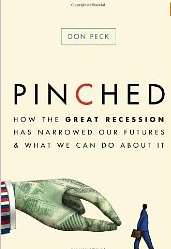Last updated on June 24th, 2024 at 03:10 pm
I’m reading an excellent historical novel called Elizabeth I by Margaret George. It takes place during the late 1500s and early 1600s. And you know what’s fascinating? You wouldn’t think this book relates in any way to my dream of finance mastery. However, Queen Elizabeth had money troubles. She had Spain to fend off regularly—ships to build, armies to mount, negotiations with other countries to secure some allies—expensive.
Then, she had Sir Francis Drake and Sir Walter Raleigh wanting to gallivant all over the planet looking for the City of Gold, finding instead places to plant the early seeds of British Colonialism, which cost more money.
She had appearances to keep up. For example, crushed pearls in her face powder would make her look a-glow. Red wigs are a continuous reminder of her father, Henry VIII, whom people still feared. The royal jewels passed down since the time of Arthur represented the history of her family’s wealth and power.
On top of all that, she was the Virgin Queen and had no direct heir to assume the throne, so she always had to look over her shoulder to see what pretender was sneaking up behind her.
Interesting way to live…
I suspect Prince William and Princess Kate won’t have Elizabeth’s money troubles. But here are some they might have:
1. The Lottery Winner syndrome.
Do you know how people who win $148 million in the 5-state Powerball lottery find that they cannot cope with the amount of money they suddenly have, so they spend it or give it away or have a very noisy breakdown in public? We have Kate Middleton, a commoner whose family appears comfortable but not even on the same planet as the Windsors, money-wise. I wonder if the royal retainers have given her any lessons or preparation on how to think about money, or not think about it, as a princess? Does she have a budget? A money mentor? A line of credit that she can’t exceed? What will she be accountable for as one of the suddenly wealthiest women in the world?
2. The Be Real syndrome.
Where is that line between not thinking about money and allowing oneself to become oblivious? For example, when George Bush commented on the new-fangled grocery store scanner, he came off as oblivious to something most people take for granted. Subjects like it when their rulers have at least a bit of recognition of the old day-to-day. Just because you don’t have to think about money doesn’t mean it has ceased to dominate the thinking of many other people. So, Mr. and Mrs. Wales, how do you have an honest conversation with a real person whose money worries are real when your financial life is unreal?
3. The Wedding Gift syndrome.
What does one give a royal couple as a wedding gift? Toaster ovens? A Weber Kettle? Probably not. It’s more like lots of ceremonial stuff. Where does all that stuff go once the bows are untied, and the wrappings hauled out with the trash? Only so much of it could be displayed someday in a residence or museum installation. Yet, I bet it never entered anyone’s mind to add a line to the Royal Wedding Invitation: “No Gifts, Please; Your Presence is Our Gift.” What if this modern couple requested that instead of being presented with a gold elephant statue with emerald eyes and ruby toenails, they would rather have a check made out to a favorite cause?
4. The “If We Don’t Talk About Money, How Will We Know What Matters” syndrome.
How often have you heard someone say money behavior is the outward expression of individual beliefs and values? It’s just a given, common knowledge. It’s one of the ways two people get to know whether they share each other’s values. So, if you don’t talk about money because you don’t NEED to, what do you talk about instead to get at the difficult-to-define and critical-to-discuss stuff?
It just goes to show you. I can’t imagine being a royal, a commoner about to marry one, or someone with so much money that I never need to think or talk about it.
Regardless of your financial condition, do you think about money reasonably often? Or does it only rarely enter your mind?
Jayne Speich
Jayne Speich is co-founder of Business Growth Advocate, which is dedicated to the survival and growth of small businesses in the new era.

Enjoy this special 8WomenDream Guest Contributor story submitted by new and experienced big dreamers throughout the world, edited and published to capture a dream perspective from different points of view. Do you have a personal dream story to share with 8WomenDream readers? Click here to learn how to submit dream big articles for consideration.
Note: Articles by Guest Post Contributors may contain affiliate links and may be compensated if you make a purchase after clicking on an affiliate link.





